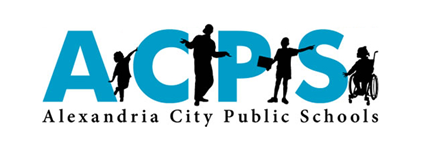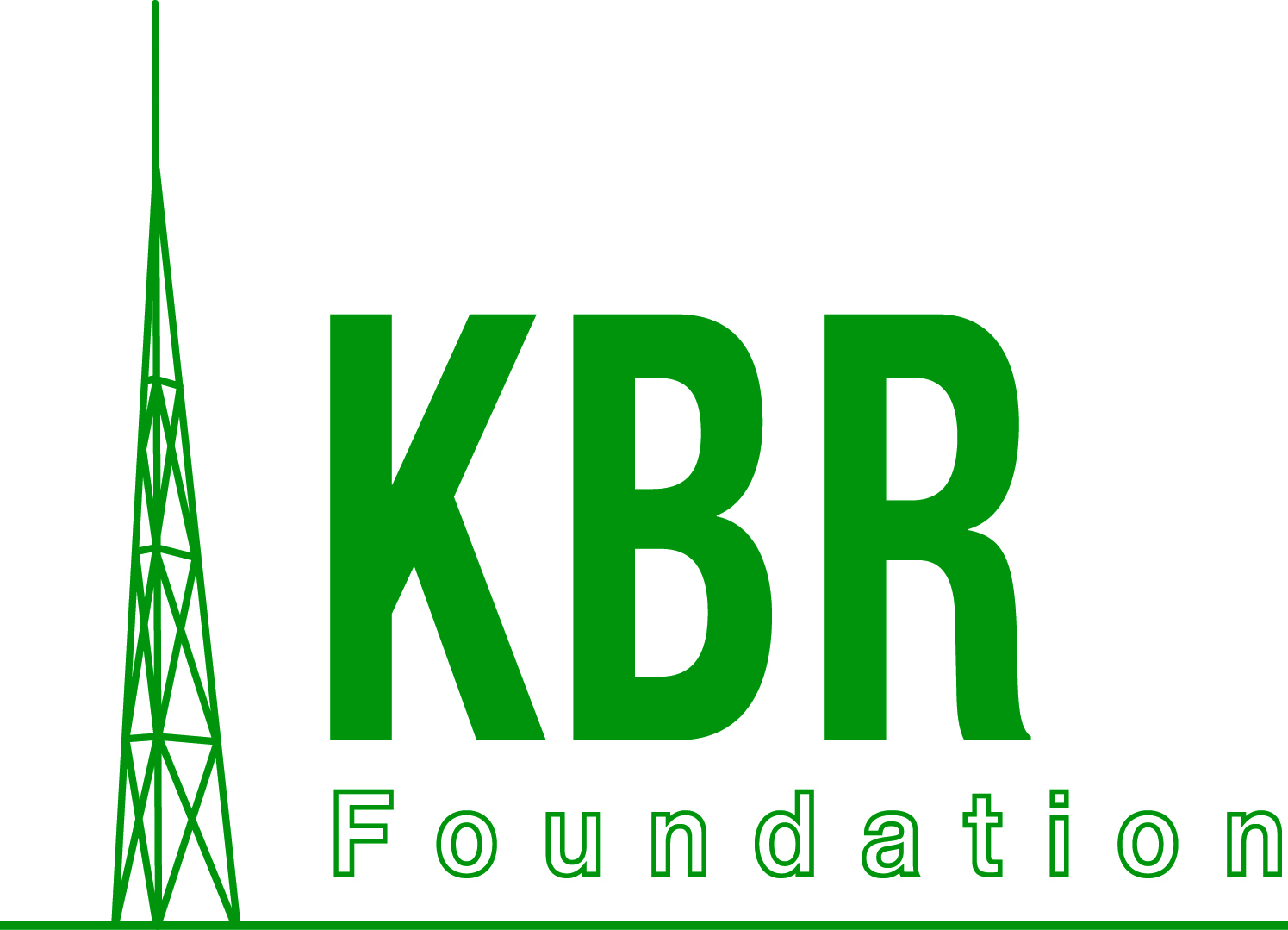As you start the conversation with the adults in your life about your goals after high school, the cost of college can seem too large to manage. If you feel like you are pursuing college without the help of a support network, we are here for you. The SFA—along with counselors, teachers, and mentors—wants to be one of your many resources to make postsecondary plans a reality. The following information should help you understand the resources available to you, starting with the FAFSA.
What is FAFSA?
A Step-by-Step Guide to FAFSA
- Preparing to File
- FAFSA Terms
- How to Fill Out Your FAFSA
- Alternatives to FAFSA
- What’s Next: Looking Over Your Aid Offer
- How to Appeal Your Financial Aid Offer
- Maintaining Your Financial Aid
What is FAFSA?
in Español https://youtu.be/mzzib4aN7gA
The FAFSA (Free Application for Federal Student Aid) is a form that students must complete to determine their eligibility for federal, state, and institutional financial aid when applying to college or graduate school. The FAFSA allows you to apply for all types of aid—scholarships, grants, loans, and work-study programs—reducing the financial costs of college.
Pursuing Financial Aid
Financial aid helps make higher education possible. By completing your FAFSA, schools will be able to better fit together a personalized financial package, including scholarships, grants, loans, and on-campus work study.
A Step-by-Step Guide to FAFSA
The FAFSA is your first tool to access federal, state, and institutional financial aid. The information in your FAFSA allows an objective evaluation of your family’s financial situation. The result is reflected in your Student Aid Index (SAI), a crucial figure in the financial aid process.
Who Should File the FAFSA?
Any student, regardless of income, who wants to be considered for federal, state, and school financial aid programs should fill out the FAFSA. Many forms of aid require a completed FAFSA, even including students who don’t have an SSN. In most cases you will also need an adult (contributor) to provide some information too.
When Should I File the FAFSA?
File your FAFSA as soon as possible each year. Early submission increases your chances of receiving aid since some funds are awarded on a first-come, first-served basis.
How Long Will It Take to File FAFSA?
For most people, it takes less than an hour to fill out the FAFSA.
FAFSA Components
Preparing to File
Gathering key documents ahead of time simplifies the FAFSA filing process. These include your Social Security number, federal income tax returns, W-2s, and information on savings and any investments.
The following outlines which federal tax return is needed for filing your FAFSA.
| You will be in college or accredited professional program in the school year: |
You will use your tax return from the calendar year: |
| 2024-2025 | 2022 |
| 2025-2026 | 2023 |
| 2026-2027 | 2024 |
| 2027-2028 | 2025 |
FAFSA Terms
“Contributors” are individuals required to provide financial information on the FAFSA. For dependent students, this includes parents or stepparents. Each contributor plays a vital role in the accuracy and completeness of the FAFSA.
“Student Aid Index” (SAI), previously known as Expected Family Contribution (EFC) reflects the sum of support going towards a student’s cost of attendance. Note that the SAI is calculated faster when the Contributor SAI is completed first.
“FAFSA Submission Summary” (FSS), previously known as the Student Aid Report (SAR), is the summary of your FAFSA once it is submitted.
How to Fill Out Your FAFSA
Go to https://studentaid.gov, come to an SFA workshop or see us in our offices for one-on-one assistance in filling out your FAFSA.
Alternatives to FAFSA
If you are not eligible to complete a FAFSA, please see an SFA staff member
The SFA can also help you with the CSS profile for participating schools. Please refer to https://profile.collegeboard.org/profile/ppi/participatingInstitutions.aspx to see the complete list of participating institutions.
What’s Next: Looking Over Your Aid Offer
Once your FAFSA is processed and you are accepted to a college, you will receive an aid offer from the financial aid office. This package may include a mix of grants, loans, work-study options, and scholarships. The Scholarship Fund of Alexandria can help you understand your offer, compare packages from different institutions, and appeal them too.
How to Appeal Your Financial Aid Offer
If your family’s financial situation has changed or you have special circumstances that were not included in your original FAFSA (such as a job loss or medical expenses) you can and should appeal your financial aid offer.
To appeal, contact your college’s Financial Aid Office. The SFA is available to assist you in appealing your package. You will need to have detailed documentation about your changed circumstances or special considerations. Always be clear, concise, and polite in your communications, and write down the date and type of your communication (telephone, email, or letter), and ask for the person’s name with whom you are speaking. Keep track! An appeal can truly lead to improvements in your aid package.
Maintaining Your Financial Aid
Keeping your eligibility for financial aid requires that you reapply each year and meet certain criteria, like maintaining sufficient academic progress. Keep on top of your financial aid deadlines and requirements to ensure ongoing financial support.
Remember to ask for help! We are here to assist you even after you graduate Alexandria City High School. Once a Titan, Always a Titan.











